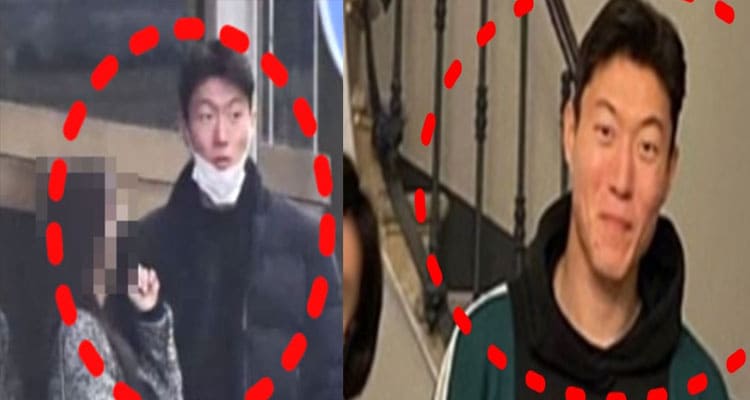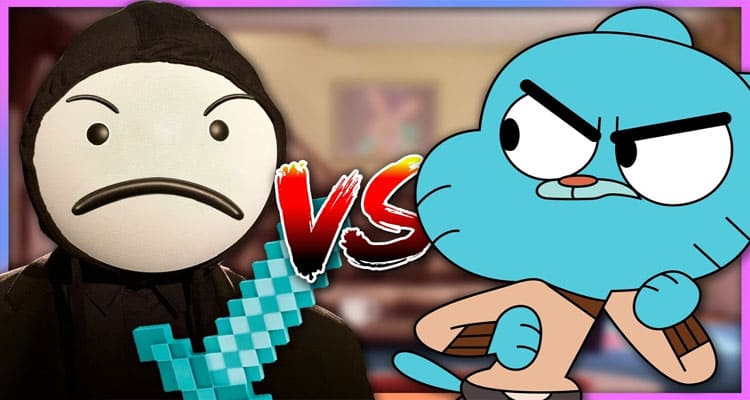[Trend Video] Liv Cooke Josh Giddey Video
“Liv Cooke Josh Giddey Video” – This arising outrage fills in as an unmistakable sign of how rapidly rising stars can become captured in the snare of web-based entertainment examination. Uncovering the viral peculiarity: The “liv cooke Josh Giddey video” discussion The web was as of late cleared up by a viral hurricane including NBA … Read more









